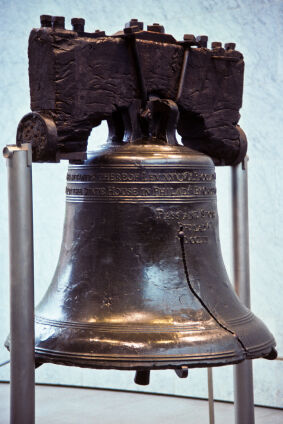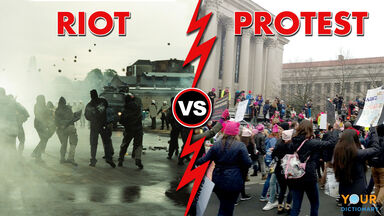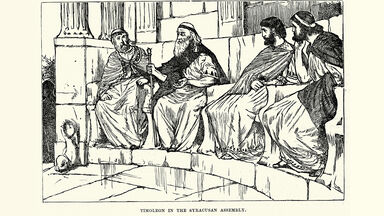In 1172 the Great Council began as an elective body; it gradually ousted the popular assembly from all practical power.
And in the Great Council itself we have the lively image of the aristocratic popular assembly of Rome, the assembly of the populus, that of the curiae, where every man of patrician birth had his place.
It always had a prince, no doubt, but he was engaged by formal contract without much attention being paid to hereditary rights, and he was merely leader of the troops, while all the political power remained in the hands of the civil officials and the Vetche, a popular assembly which was called together in the market-place, as occasion required, by the tolling of the great bell.
The principality which was to become the nucleus of the future Russian empire was not Novgorod with its democratic institutions, but its eastern neighbour Moscow, in which the popular assembly played a very insignificant part, and the supreme law was the will of the prince.
Its government was in the hands of five archons, a senate, a popular assembly and a registrar.





